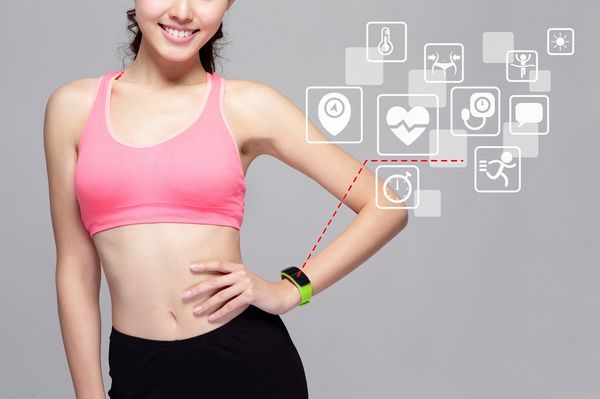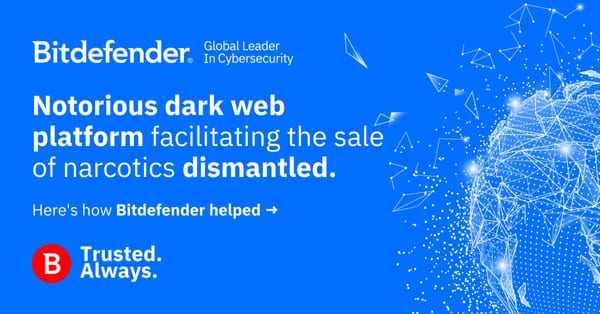Good for Your Health, Bad for Your Security?

So far IoT progress has been slow, but the wealth of opportunities offered by the technology emboldens a multitude of industries to look into leveraging IoT. Looking at the lax IoT security, medical device connectivity is not to be taken lightly. But what if consumer health wearables could play a vital role in self-diagnosis and prevention of medical conditions such as Parkinson”s or sleep apnea?
Consumers could rely on wearable technology to get analytics and “detailed longitudinal data” on their health, behavior changes and illness progress, research has found.
“Consumer wearables can deliver personalized, immediate, and goal-oriented feedback based on specific tracking data obtained via sensors and provide long lasting functionality without requiring continual recharging,” reads the report. “While smartphones are still required to process the incoming data for most consumer wearables, it is conceivable that in the near future all processing functionality will be self-contained.”
Despite technological advances, researchers have found margins of error of up to 25 percent. The lack of empirical evidence casts doubt on the claims that consumer health wearables could be fully relied on for medical diagnoses.
Some 15 percent of US consumers have already incorporated wearable technology into their daily activities, with devices such as smartwatches and smart fitness trackers, and the number is expected to grow. 110 million fitness bands are forecast to be sold by 2018.
Although users are excited about their devices when they buy them, as many as 50 percent stop using them after a year because they fail to add much value.
What are the chances that a wearable will turn into a reliable tool, considering the limitations in data protection and privacy?
Data privacy and security are not the only red flags in this scenario. Tampering with wireless pacemakers or digital pumps could jeopardize user physical safety and health, as connectivity exposes them to malware and cyberattacks.
Besides being really easy to hack, we don”t even own the data these devices collect. It is collected by the manufacturers, stored on their servers and most likely sold to third parties. Big data is a goldmine not only for manufacturers but also for hackers who may sell your identity to the highest bidder on the dark web.
tags
Author
After having addressed topics such as NFC, startups, and tech innovation, she has now shifted focus to internet security, with a keen interest in smart homes and IoT threats.
View all postsRight now Top posts
Torrents with Pirated TV Shows Used to Push Lumma Stealer Malware
November 14, 2024
What Key Cyberthreats Do Small Businesses Face?
September 06, 2024
FOLLOW US ON SOCIAL MEDIA
You might also like
Bookmarks








